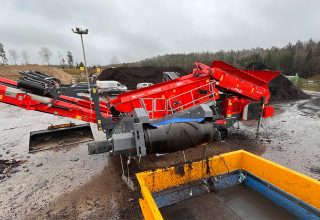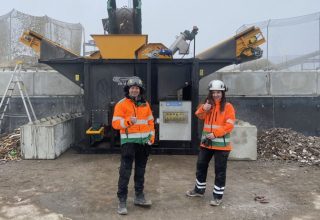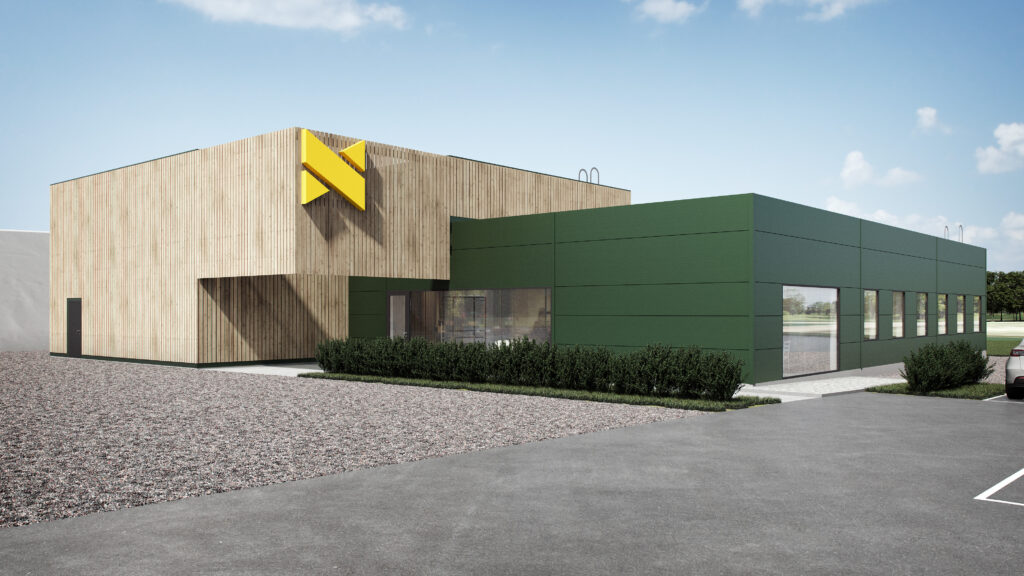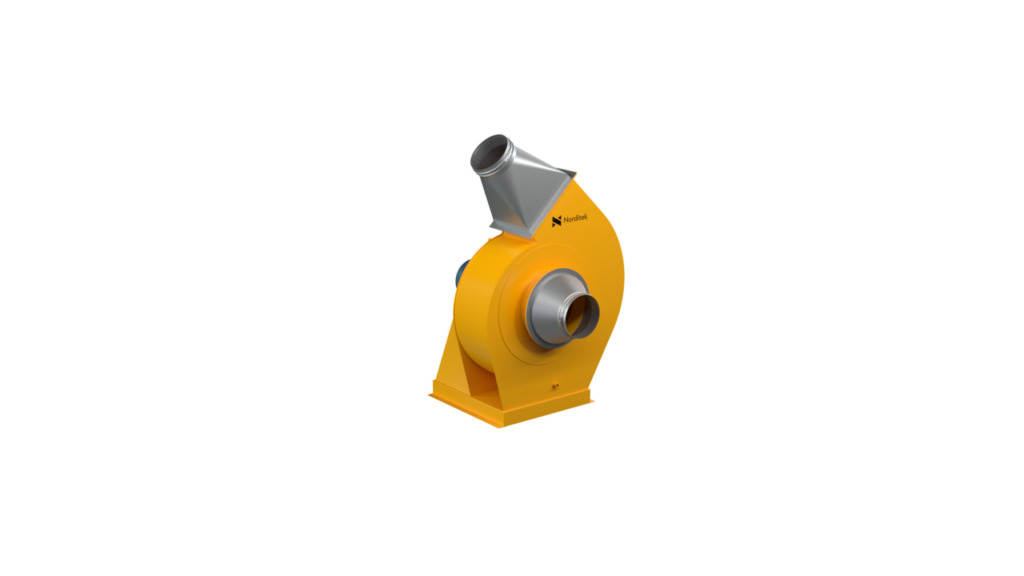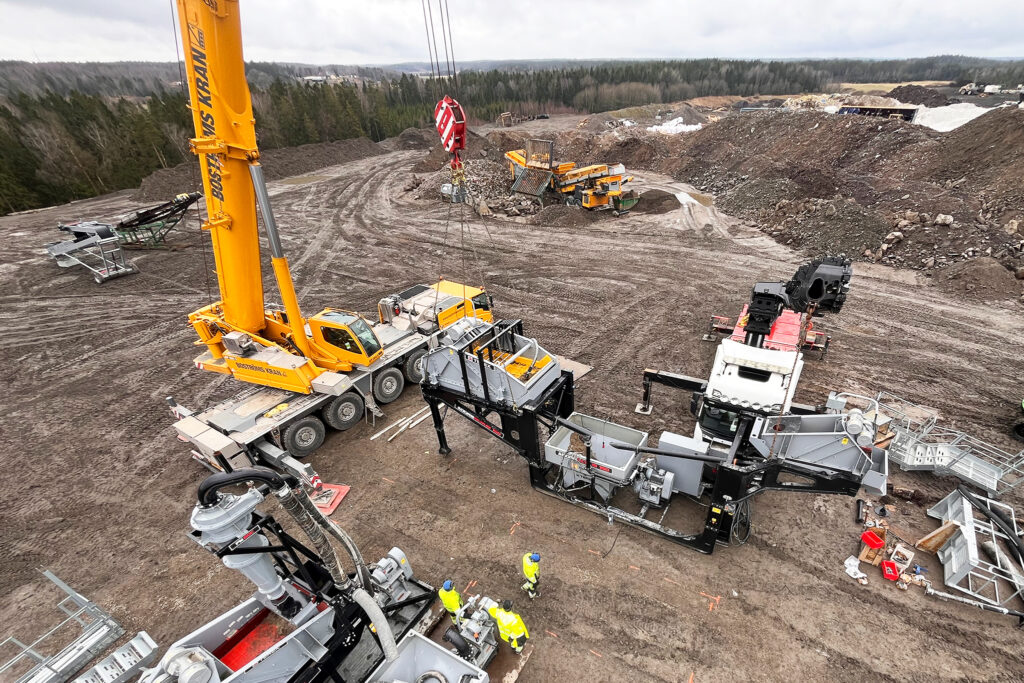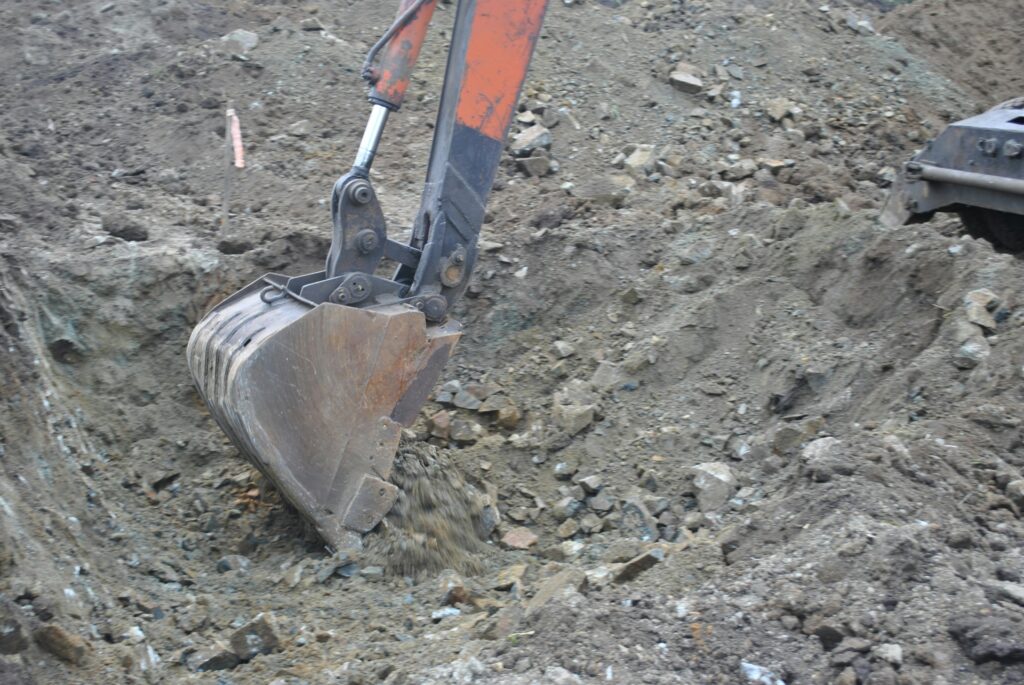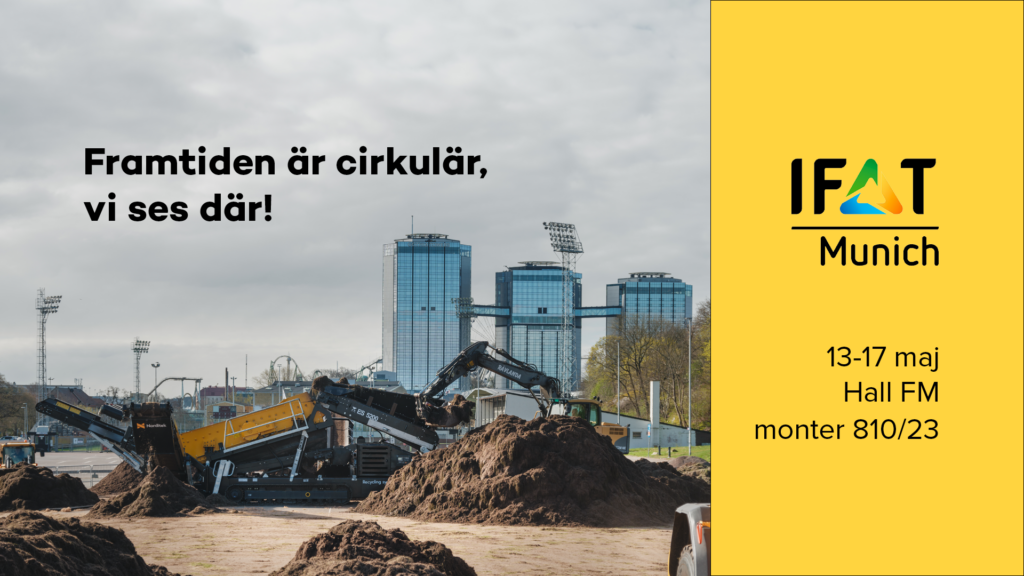Aktieägarna i Norditek Group AB (publ), org.nr 559307-6986 (“Bolaget”), kallas härmed till extra bolagsstämma den 28 juli 2025 kl. 10.00 i Bolagets lokaler på Stora Åvägen 21 i Askim i Göteborg.
Rätt till deltagande
Rätt att delta vid stämman har den som:
(i) dels är införd som aktieägare i den av Euroclear Sweden AB förda aktieboken per avstämningsdagen 18 juli 2025;
(ii) dels anmält sitt deltagande till Bolaget senast 22 juli 2025.
Anmälan görs per e-post till info@norditek.se. Anmälan görs per post till Norditek Group AB (publ), Stora Åvägen 21, 436 34, Askim. I anmälan ska anges fullständigt namn, person- eller organisationsnummer, aktieinnehav, adress, e-postadress, telefonnummer samt, i förekommande fall, uppgift om ställföreträdare, ombud och biträden (högst två).
Ombud och fullmakt
Om aktieägare ska företrädas av ombud måste ombudet ha med skriftlig, daterad och av aktieägaren undertecknad fullmakt i original till stämman. Fullmakten får inte vara äldre än ett år, såvida inte längre giltighetstid (dock längst fem år) har angivits i fullmakten. Om fullmakten utfärdats av juridisk person ska ombudet också ha med aktuellt registreringsbevis eller motsvarande behörighetshandling för den juridiska personen. För att underlätta registreringen vid stämman bör kopia av fullmakt och andra behörighetshandlingar bifogas anmälan till stämman. Fullmaktsformulär finns tillgängligt nedan. Fullmaktsformuläret kan även beställas per e-post enligt ovan.
Fiduciary registered shares
För att ha rätt att delta i stämman måste en aktieägare som låtit förvaltarregistrera sina aktier, genom bank eller annan förvaltare, förutom att anmäla sig till stämman, låta registrera aktierna i eget namn hos Euroclear Sweden AB så att aktieägaren blir införd i aktieboken per den 18 juli 2025. Sådan omregistrering kan vara tillfällig (s.k. rösträttsregistrering) och begärs hos förvaltaren enligt förvaltarens rutiner i sådan tid i förväg som förvaltaren bestämmer. Rösträttsregistrering som gjorts senast den 22 juli 2025 kommer att beaktas vid framställningen av aktieboken.
Förslag till dagordning
1. Stämmans öppnande
2. Val av ordförande vid stämman
3. Upprättande och godkännande av röstlängd
4. Godkännande av dagordning
5. Val av en eller två justeringspersoner att justera protokollet,
6. Prövning av om stämman blivit behörigen sammankallad
7. Beslut om ändring av bolagsordningen
8. Stämman avslutas
Beslutsförslag
Punkt 2 – Val av ordförande vid stämman
Styrelsen föreslår att Göran Nordlund utses till stämmans ordförande.
Punkt 7 – Beslut om ändring av bolagsordningen
Styrelsen föreslår att stämman beslutar om ändring av § 3 i Bolagets bolagsordning enligt nedan. Ändringen föreslås i syfte att tydliggöra och precisera Bolagets verksamhetsinriktning, inklusive att Bolaget kan bedriva operativ verksamhet direkt eller genom dotterbolag.
Nuvarande lydelse
§ 3 Verksamhet
The company shall conduct business in the form of owning and managing movable property, mainly in the form of shares in subsidiaries, and conduct activities compatible therewith.
Föreslagen ny lydelse
§ 3 Verksamhet
Bolaget ska utveckla, marknadsföra, försälja och hyra ut produkter, system och anläggningar för verkstads-, bygg- och återvinningsindustrin och idka kapitalförvaltning och därmed förenlig verksamhet. Verksamheten bedrivs i bolaget eller i dotterbolag.
För giltigt beslut krävs att det biträds av aktieägare med minst två tredjedelar (2/3) av såväl avgivna röster som de vid stämman företrädda aktierna.
Aktieägare som representerar cirka 67 procent av rösterna i Norditek AB har åtagit sig att rösta för beslutet.
Övrig information
Fullständiga beslutsförslag finns intagna i kallelsen. Fullmaktsformulär och övriga handlingar enligt aktiebolagslagen kommer att finnas tillgängliga på Bolagets hemsida i minst tre veckor före stämman. Handlingarna kommer också sändas per post till aktieägare som begär det och uppger sin adress.
Information at the meeting
Aktieägarna informeras om sin rätt att begära upplysningar i enlighet med 7 kap. 32 § aktiebolagslagen (2005:551) om förhållanden som kan inverka på bedömningen av ett ärende på dagordningen.
Behandling av personuppgifter
För information om hur dina personuppgifter behandlas, se:
https://www.euroclear.com/dam/ESw/Legal/Integritetspolicy-bolagsstammor-svenska.pdf
___________________
Göteborg i juni 2025
Norditek Group AB (publ)
Board of Directors
For further information, please contact
Daniel Carlberg, VD och koncernchef
daniel.carlberg@norditek.se
Förrådsvägen 15, 918 31 Sävar
www.norditek.se
Aktierna i Norditek Group AB är föremål för handel på Nasdaq First North Growth Market.
Certifierad Adviser är Partner Fondkommission AB med e-postadress info@partnerfk.se och telefonnummer +46 31 761 22 30.
About Norditek
Norditek Group AB är noterat på Nasdaq First North och specialiserat på tekniklösningar för återvinning av schaktmassor, bygg- och rivningsavfall, biomassa samt andra restmaterial från industriproduktion. Koncernen utvecklar, säljer och hyr ut mobila och stationära anläggningar som effektivt separerar och förädlar stora volymer av blandat material. Genom en kombination av tekniskt kunnande, systemtänkande och kundnära utveckling möjliggör Norditek en ökad resursåtervinning med minskad klimatpåverkan.


